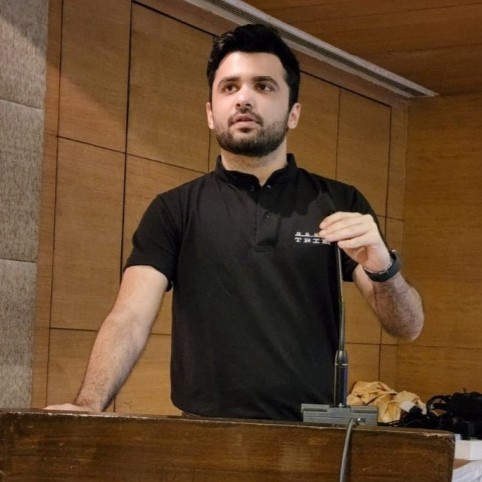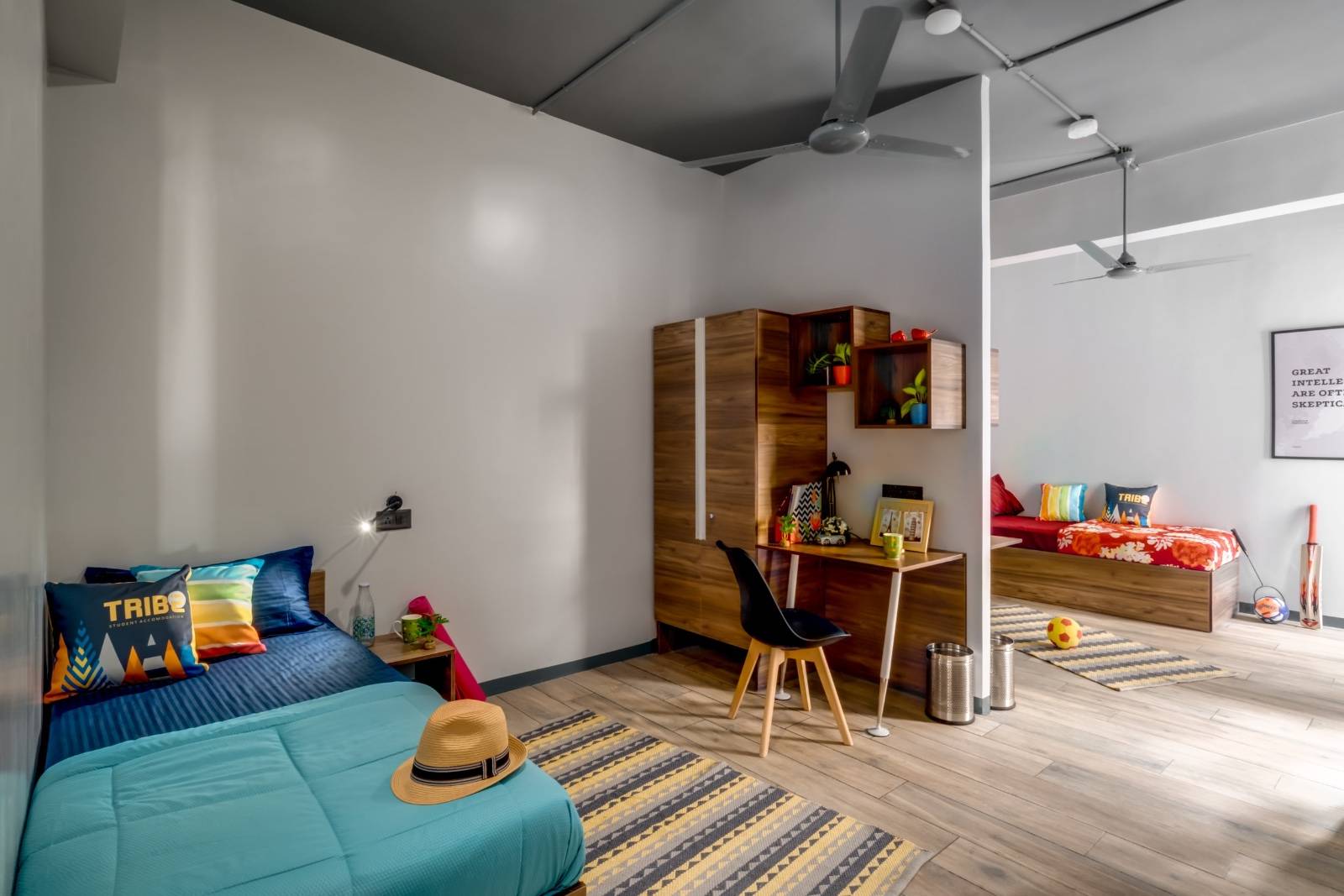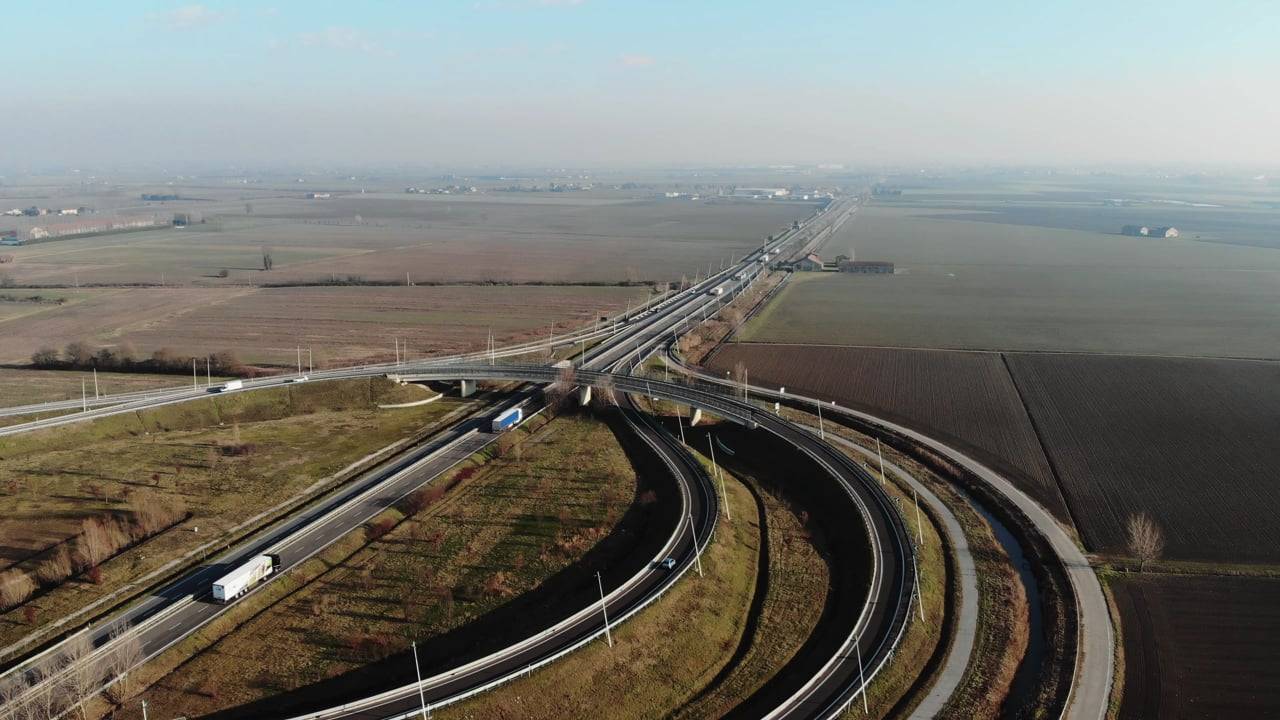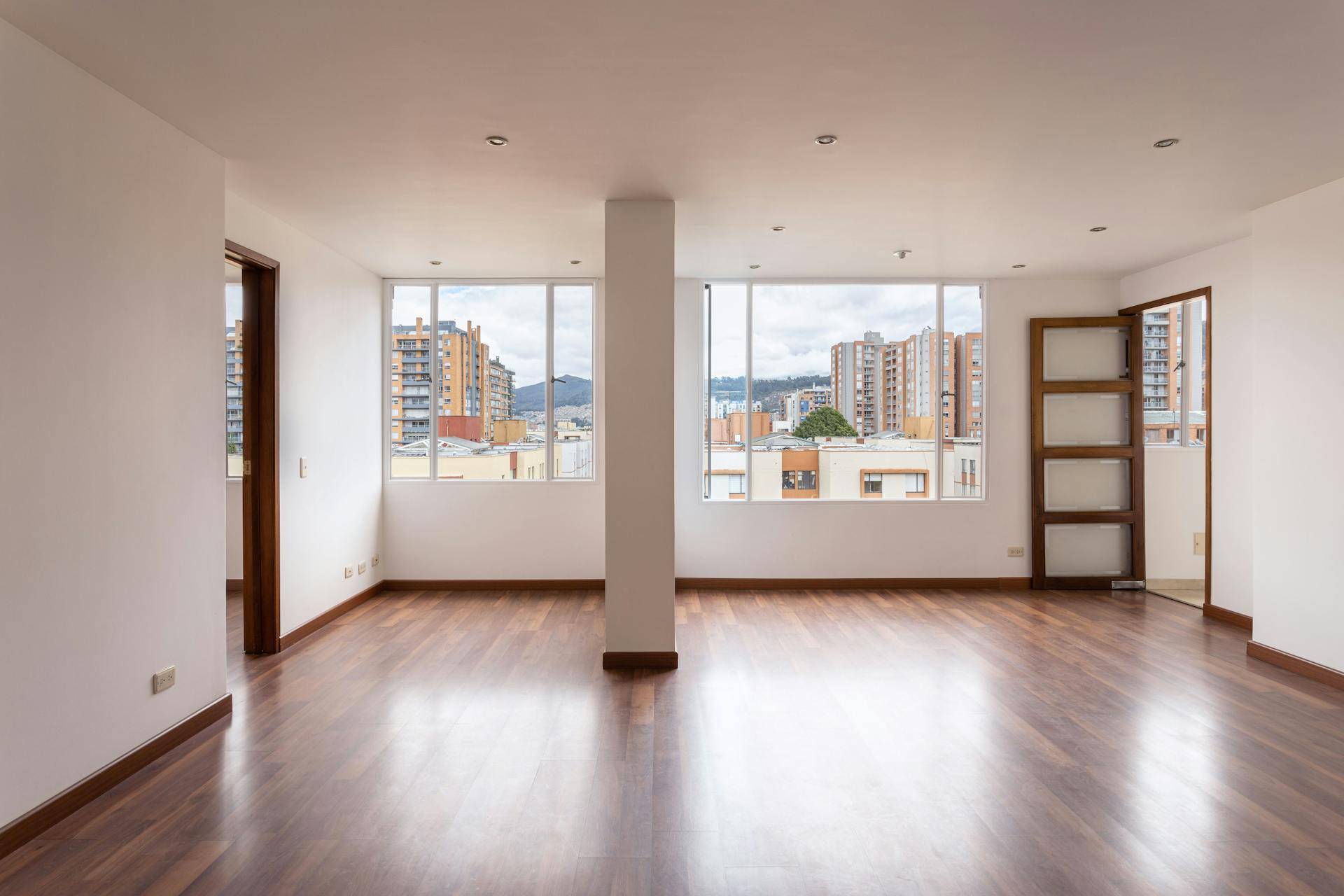Co- Living, a fundamental concept of sharing resources and spaces in the most efficient manner, is finally daylighting in India. This is not a new concept. From the times of Kings, India has had hostels and ‘gurukuls’ where people lived together. It’s just been brought to the 21st century.
The Growing Housing Challenge
It’s sensible in a high population state like India. Rents are shooting off the roof. A 2BHK flat in Pune near popular IT areas or education hubs now costs anywhere between Rs. 35,000 to Rs. 45,000. There is a dearth of more than 25 lakh beds for working professionals and students moving cities to further their careers. Co-Living solves so many problems. Convenience, immediacy, hygiene, food, furnishing, high-deposits, brokerage, loneliness, community, safety and so much more. It’s clear why co-living creates such a social impact. But it has its share of massive economic advantages too.
Most colleges and universities in major Tier 1 and 2 cities can house only upto 20% of their students on average. This is on traditional campus hostels. The reason for the low growth here is because colleges are expanding their education infrastructure much faster than living infrastructure. Because it makes financial sense.
The living standards and experience holds considerable decision-making value when choosing where people move. That might be a college or a job. Living experience is as important (or more!) as the job or college itself. It’s not a surprise. Your daily life can make or break you. And this is where the opportunity lies.
Advantages of Co-Living
Students are now choosing colleges based on hostels or co-living facilities inside or outside campus. This is a well -known fact. Similarly for working professionals - monthly expenses, convenience and community are the biggest drivers when it comes to moving cities. There is a direct correlation between quality of co-living/hostels and admission rates in universities. Same for migration of high -quality professionals in IT Hubs.
This is why locations like Bangalore are thriving in terms of job opportunities and migration of professionals. Due to the constant supply of living options. Similarly, NMIMS in Mumbai has a thriving hostel and co-living culture within 3kms of the college. Almost 3000 beds. Same for Symbiosis, Pune, with 1800 beds within 2km. Colleges and Companies need to collaborate with co-living players for the benefit of their students and staff. With so many options available in so many locations, living experience and community living are right up there in terms of decisions. This will also fuel international students coming to India - majorly from the middle east and Asia.
IT hubs like Bangalore, Hyderabad, Gurugram & Pune are expanding at a rapid pace. Jobs are growing at 24% every year. But housing is nowhere close. Co-Living is the rapid expansion model that can cater to this growth. High quality co-living will attract high quality professionals - nationally and internationally. The better the overall working and living environment, the more the industry expansion. The more the opportunities in terms of jobs. The more the growth of the economy.
Conclusion
Living is now intertwined with the work and education experience, rather than being separate from it. The faster institutes recognize this shift, the greater the potential for economic and opportunity growth. Embracing co-living arrangements can enhance collaboration, innovation, and personal development, fostering vibrant communities that support both professional and educational endeavors. By integrating living spaces with work and learning environments, institutes can create more dynamic and supportive ecosystems that cater to the holistic needs of individuals, ultimately driving growth and success.
Authored By;

Shantam Mehra, Co- Founder, Tribe Co-Living & Student Accommodation. He has a robust background in finance, honed through education (B.Sc Finance BM, University of Nottingham) and professional experience as a Financial Analyst in London (Gulf Oil International) and Nottingham (Credico). His journey in the United Kingdom allowed him to experience top-tier student housing and co-living spaces, shaping his entrepreneurial vision. His expertise and passion fuel company's mission to provide exceptional living spaces for students, blending comfort, community, and convenience.









.png)